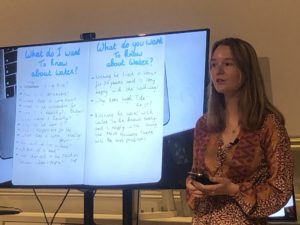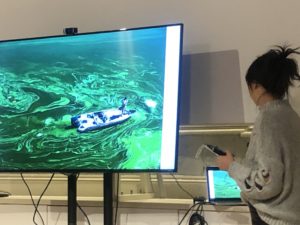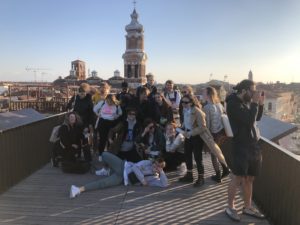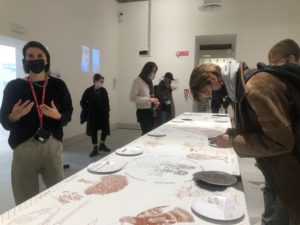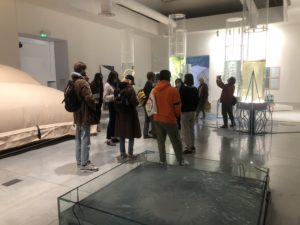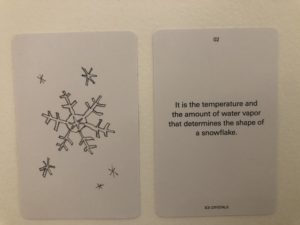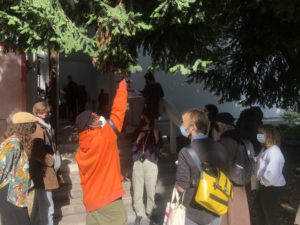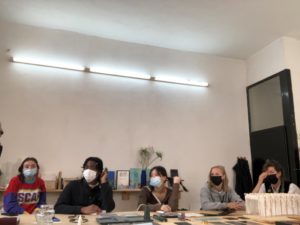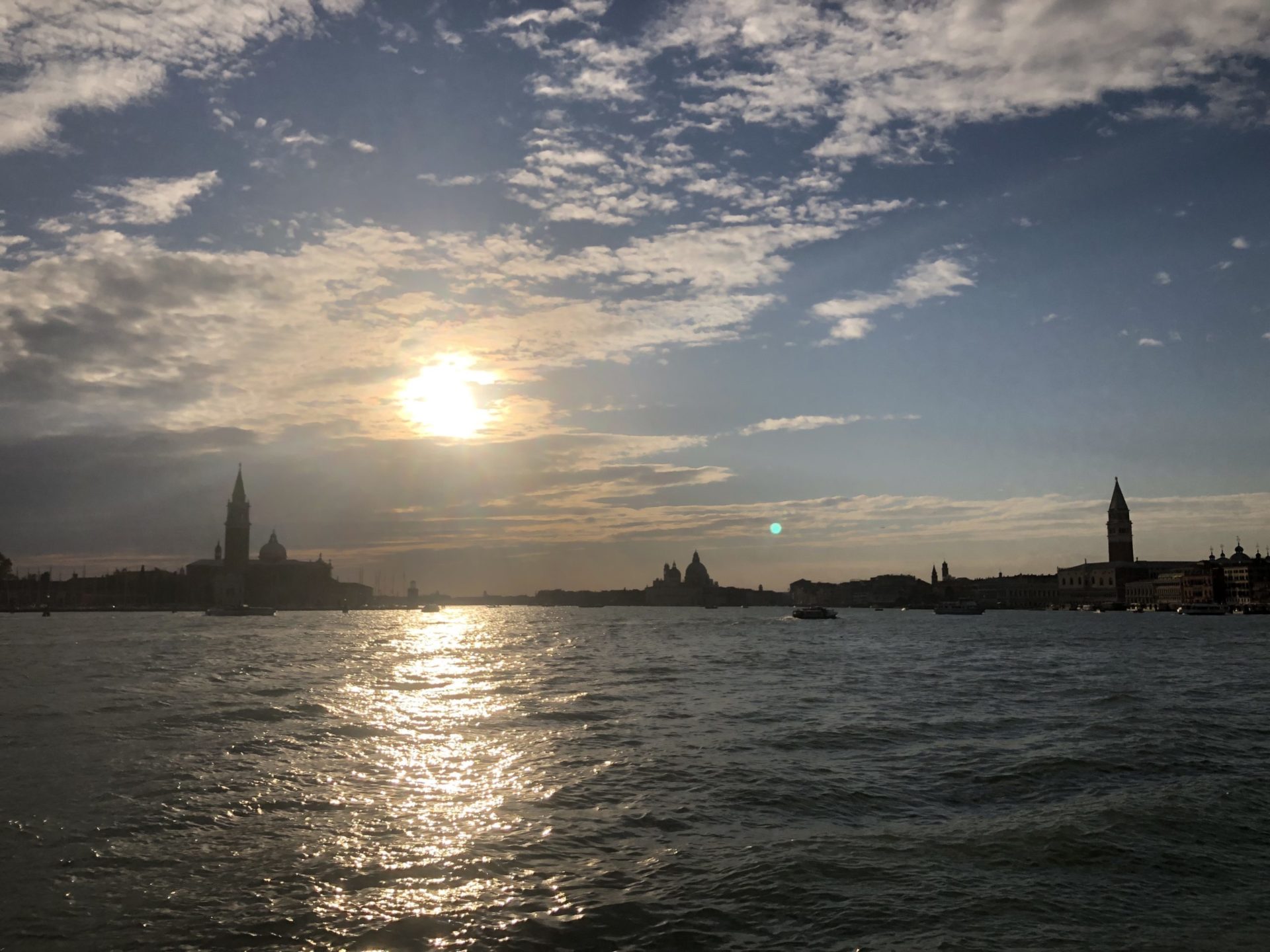- Learn from the Living Library
Water Field Lab
About
The Water Fieldlab is an educational program from WDKA (initiated by station coordinator Aldje van Meer) that takes place in Rotterdam and abroad to explore different approaches about water. Through experimentation and research on site and dealing with the topic ‘matter’ at hand, students get to know the challenges of this ‘local’ setting. This hybrid and cross-pollinating approach will allow for all current and future stakeholders to connect remotely and reflect on common issues both intimately and globally.
WATER EVERYWHERE!
The Water Fieldlab started its first edition outside of WDKA walls, that happened during the Venice Architecture Biennale 2021 – How to Live Together, hosted by ECC – European Cultural Center, in Venice at Palazzio Michael. From the 3rd until the 16th October 2021, students had lectures of several professionals involved with the water rising issue in Venice to explore shallow waters from the Venetian Lagoon and get inspired by the Giardini exhibition site. The 20 young designers students, from the 3rd year’s Commercial Practice (CP), went to Venice together with tutors Ivan Henriques, Skye Maule-O’Brien, and coordinators from the CP Catelijne van Middelkoop and Charlotte Bik to perform the WATER EVERYWHERE! program.
“‘Water Everywhere’ started out by approaching ‘water as matter’ and questioning ways in which water, as we know it, can be investigated as a source, medium and matter and at the same time, regain meaning through artistic practice. With this meta-level approach and in-depth take on new material ideologies, multiple projects and research spin-offs were developed that illustrate several ways in which water can be re-imagined through experimental investigation methods, visualization, and materialization.”
(CP, Water Everywhere program 2021).
In the final day, students presented their ideas related to water in a 1 min video, expressing new ways of interacting with it, how to create other ways of transportation, communication and how to live under and above the water.
Fragile, K. Dyankov. 2021
We Are Water, M. Stojanowicz. 2021
Watersounds_, L. den Adel. 2021
